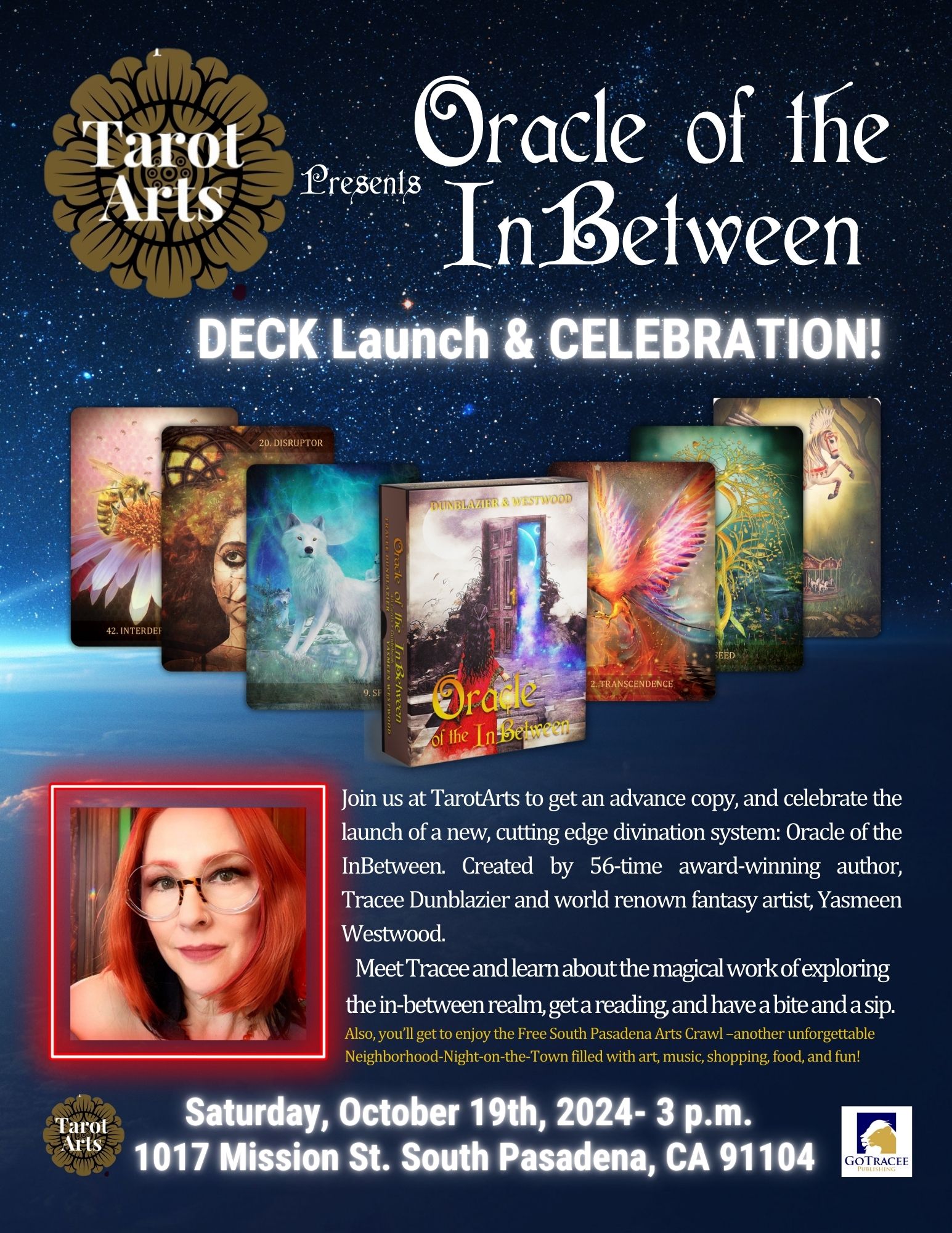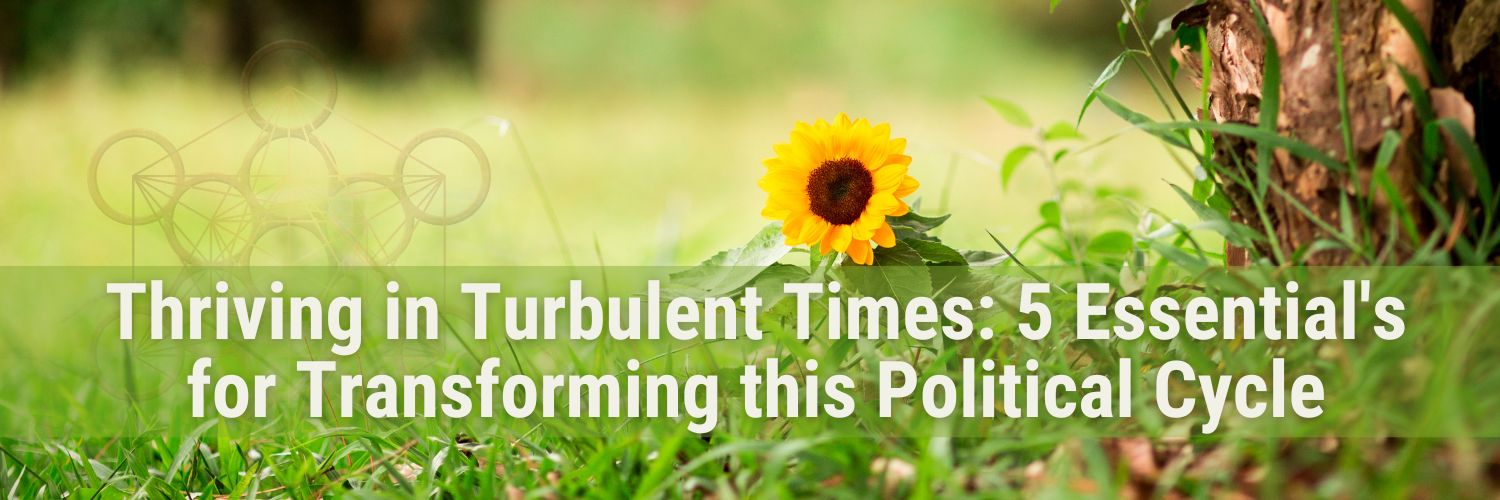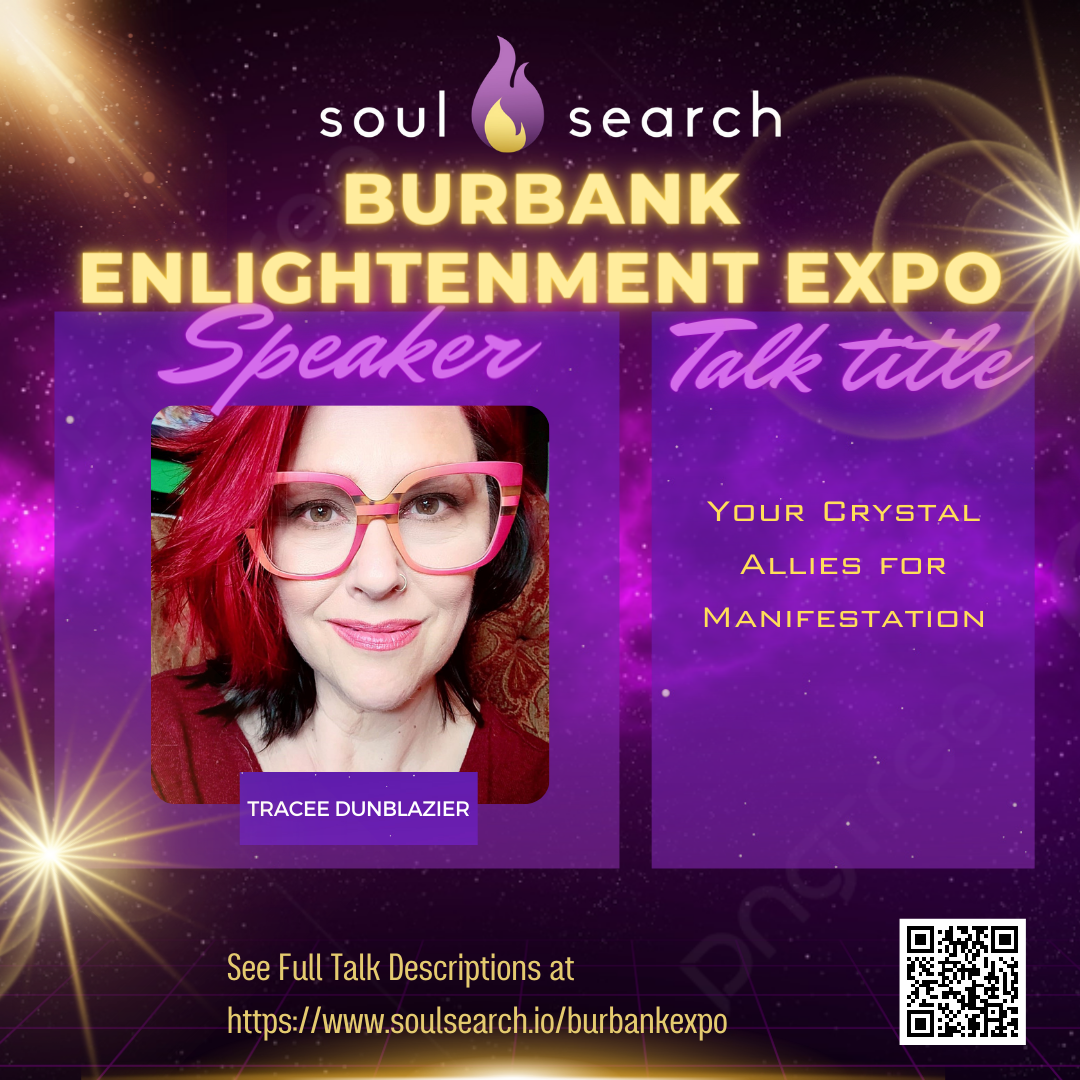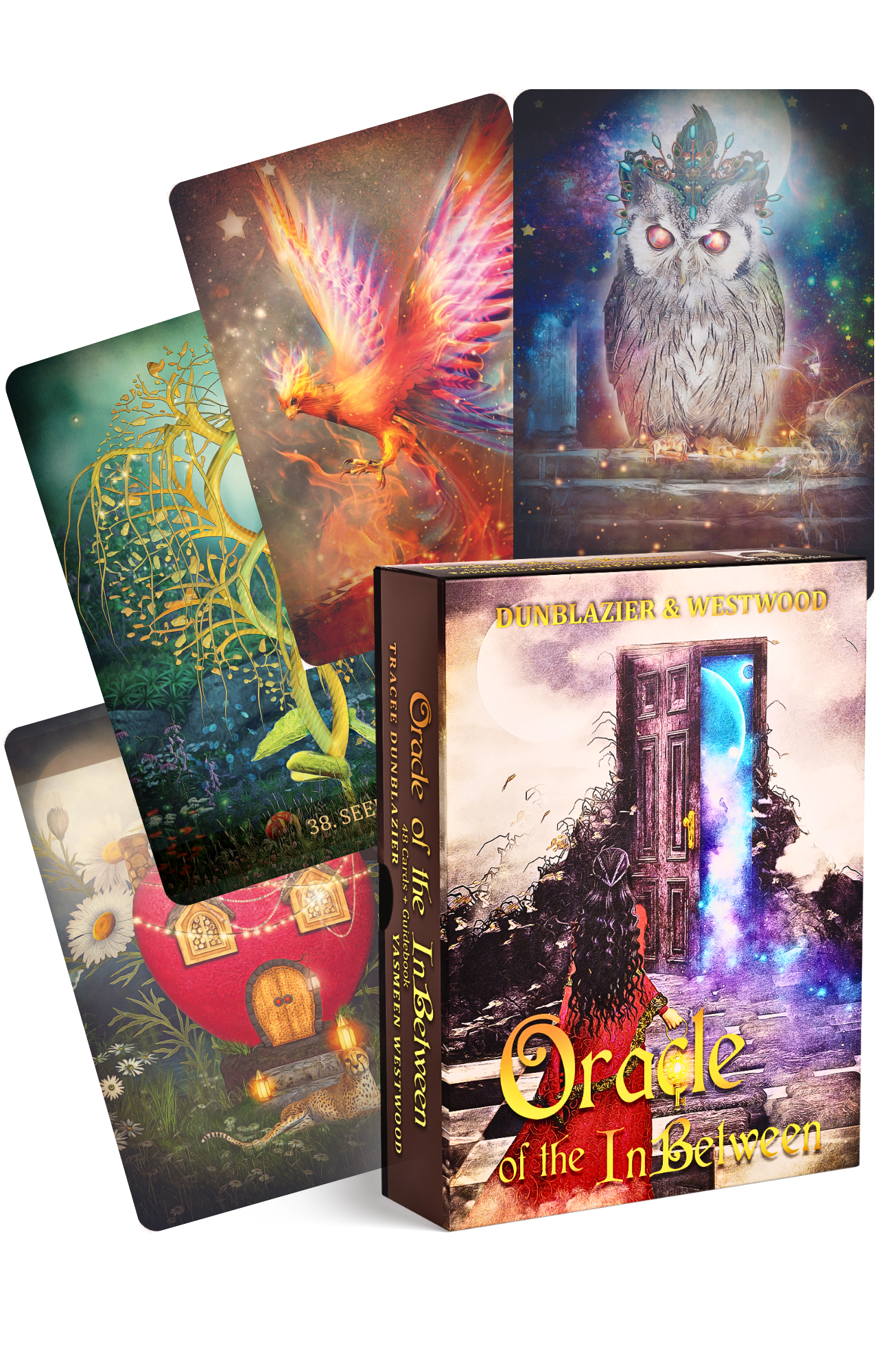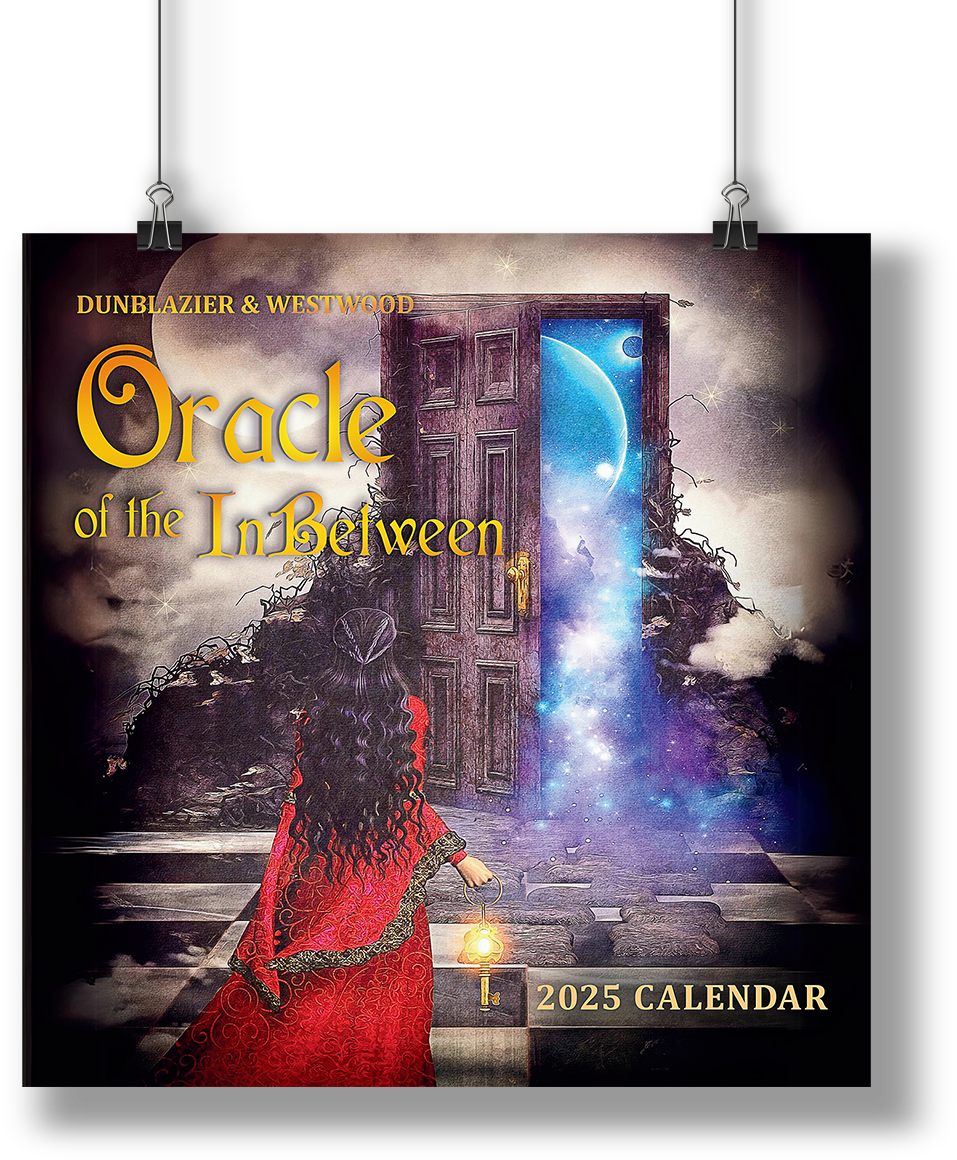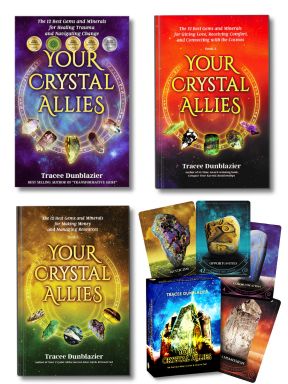 Author Name: Tracee Dunblazier
Author Name: Tracee DunblazierPublish Date: April 18, 2016
Website Link: https://www.meetmindful.com/how-do-i-handle-attachment/
In the mindful community, we strive for non-attachment in our lives (and relationships). But attachment, when treated with care, can teach us a great deal.
Author’s note: The following is a little sneak preview of an excerpt from my third book of The Demon Slayer’s Handbook Series; A Practical Guide to Karmic Relationships.*
Understanding our general relationship dynamics is profound, but add to it the spiritual dynamics of all that lies beneath and you can have a real carnival show. Fun and entertaining, yet confusing. Pleasurably filled with joy, yet devastating. Here is the inside scoop on how to dig deep for the nuggets of Gold you were born with.
Attachment = Vulnerability = Receptivity
The best way to handle something is to investigate it head on: find a way to break it down into smaller digestible pieces and eventually understand it. That’s why so many of us get overwhelmed in relationships when we’re in the process of getting to know someone. Sometimes the emotional doors fly open and we feel intensely close to someone in a very short period of time; or, conversely, we spend an inordinate amount of time and energy trying to keep those doors closed.
I thought it might be helpful to look at attachment as a skill, from the prospective of personal responsibility. After all: it’s your door and you can open it if you want, it takes more work to keep the door shut, and if you keep inviting someone to knock at your door, but never open it for them, they’ll get bored and leave. Nobody wants to sit and stare at a closed door—unless of course, they have open doors in other houses.
The most important thing to understand is that attachment and openness in a relationship are the same thing. Yes, the same thing. The only difference is your perception and level of self-trust. And, of course, our sense of self comes from many factors like: our spiritual patterns, what we think, what we’ve seen, and what we’ve experienced. I’ve broken it down to three main levels. Truly, there are many more, but grasping and holding on to these three will begin to build your confidence and understanding of where you’re at.
You can only change what you know to change.
Attachment is for Beginners:
Feeling attached to someone is experiencing an immense—and at times abrupt—spiritual emotional connection. It’s most difficult to manage this when you’ve just met someone and aren’t quite sure of the content of their character. So, when this happens, try your best: not to sweat the small stuff, be too pushy or emotionally overbearing, or give ultimatums.
This is the time to communicate freely and deliberately about who you are, what you like, and where you’re at. Often when people feel overly attached they focus a lot on what they want and don’t want in a relationship—which normally is a good thing; however in this instance, it’s usually coming from a fear of not getting what you need.
Instead, focus on what you like, be willing to set gentle boundaries, and to respect the boundaries of others. If you’re in a longer-term relationship: attachment often stems from dishonesty, minimal communication, or a crisis of some sort. In this case, communication is king. It’s natural to feel insecure when you’re not getting all of the information you need or when your emotional and mental bodies are being taxed because of trauma. Stop, breathe, speak, and listen and know this too, shall pass.
 Vulnerability is for Amateurs:
Vulnerability is for Amateurs:
Attachment is being vulnerable to someone. When you open your heart in an authentic way, or are emotionally or sexually connected, you intermingle spiritually and energetically. Anxiety, intense emotion, or thinking about someone all of the time, lets you know they’ve entered your spirit. Anxiety in a relationship often is a note from your lover saying they’re in your house but not necessarily home. It doesn’t mean you or they are in love; it means you are connected and there is an openness and opportunity to love.
Being vulnerable to someone means you are in a natural place of openness. It requires of you three things: maturity, patience, and kindness. Those are the first three trust-building skills we need to master in order to find peace and authenticity in our vulnerability.
Being vulnerable to someone means the power they have over us is directly related to the value we give to them or put on them. And, how you value someone is in your control alone. Have patience to allow the natural unfolding of getting to know someone. No need to push the river. Maturity allows you to know when and how to set personal boundaries, and kindness is the key to persevering through confusion and enduring in the relationship.
Receptivity is for Professionals:
A real attachment professional is in constant communication with himself. She knows the things that trigger her and is willing to walk herself through them. He knows that a deep-level connection with someone ebbs and flows all of the time; and when you’re in a deep state of receptivity with another person you feel when they are present in the relationship and when they are not. If your lover has pulled their energy back, they’ve not necessarily left the situation, they’ve only connected to other things of value in their lives.
This pulling back of energy can be unnerving to you if you’re the least bit unclear about the reason. That’s why your willingness and ability to speak openly with candor and grace is so important. The subtle way you language things will be the difference between peace or conflict.
Staying in the first person present tense with a focus on personal responsibility is your friend.
Saying things like: I am, I will, I feel, all for the purpose of expressing yourself and then promoting the expression of your lover. When you’re receptive to another, they in no way are the cause of your feelings, experiences, or troubles. You are. How you feel is an indication of your possible need to express yourself, grieve, or set boundaries: all things you control.
Being at a professional level means you know this and are willing to take responsibility. Not that you know how or do it well. Believe me, that’s a skill with a huge learning curve and takes daily practice. It is mostly our romantic relationships that bring out our most submerged wounds to be healed. For they connect with us the most deeply, at least for a period of time.
As a spiritual empath, I am in some sort of deep connection with a few people always—understanding my attachment is the way I telepathically communicate with them at any given time. It’s been quite a journey to understand that things weren’t necessarily the way I felt them to be, but an expression of my connection and perception. In which knowing myself first was the way to recognizing what I’m feeling versus what I may be empathetically or intuitively aware of in another.
Knowing and trusting yourself has its own learning curve that comes over time and through awareness. Surrendering yourself to attachment, vulnerability, and receptivity is the shortest path to get there. Go with courage!
Ready for conscious, like-minded individuals you really want to meet?
Register with MeetMindful for free today—the fastest growing dating site for conscious singles.
About the Author:
Tracee Dunblazier, GC-C, CCDC, spiritual empath, shaman, educator, author and speaker is based in Los Angeles, California. Tracee specializes in grief counseling, energy dynamics, Shamanic healing, past life and soul recovery, transition strategy, addiction transformation, and space clearings. In 2015, Tracee founded GoTracee Publishing LLC and BeASlayer.com to publish a new hybrid of self-help, memoir, and spiritual book to access a wider audience of spiritual seekers. As a multi-sensitive, Tracee blends information that she receives intuitively with different modalities to create a unique healing plan for every client. Every session is focused on freeing the client from their presenting issue to release, empower, and heal – no matter what the condition. Tracee’s compassionate, humorous, down-to-earth style supports and empowers clients as tender topics are addressed during the session. An accomplished author, Tracee has written two books on the topic of personal soul excavation and deep healing from soul to body. Book one: The Demon Slayer’s handbook: A Practical Guide to Mastering Your Inner World addresses inner mental, emotional, and spiritual mastery through self-awareness and spirit guide communication. Book two: The Demon Slayer’s handbook: A Practical Guide to Self- Healing and Unconditional Love empowers cultural awareness and understanding through looking at the concept of past lives and soul imprints. Tracee’s published articles cover many subjects related to spirituality and relationships while her blog breaks down current events and daily energy dynamics that everyone experiences. Tracee’s been a guest on many prominent television and radio programs informing others about spirituality and sacred ritual practices. Tracee teaches workshops, webinars, and offers two online courses on the DailyOm.com. As well as speaking engagements touching on subjects like grief, death & dying, unconditional love, self- acceptance, and healing.


